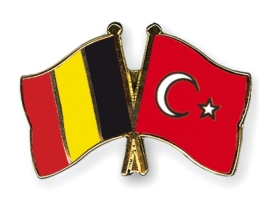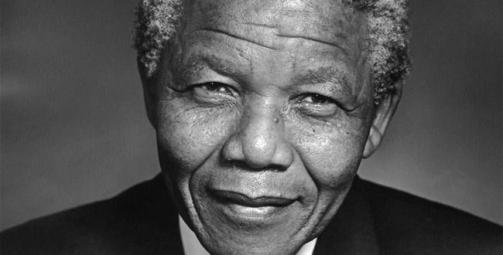An American Perspective to Global Terrorism
March 24, 2016 Leave a comment
(The following is an op-ed.)
Working in the media, I once again get to watch the aftermath of a terrorist attack in a European city. This time it is Brussels.
It should be noted that there was barely a mention in American media of the terrorist attacks in Ankara and Istanbul, Turkey; Maiduguri, Nigeria; Mastaba, Yemen; or Grand-Bassam in Côte d’Ivoire.
 There was no changing of Facebook statuses for the other places or a public outcry of grief. While we publicly announce that we stand with Brussels, we stay silent of standing with the people in these other places that have suffered in the exact same way and from the exact same militant religious extremists.
There was no changing of Facebook statuses for the other places or a public outcry of grief. While we publicly announce that we stand with Brussels, we stay silent of standing with the people in these other places that have suffered in the exact same way and from the exact same militant religious extremists.
It all comes down to how we Americans view the world, and how the media reinforces those stereotypes.
During a presidential election year, a terrorist attack takes even more precedent. Opponents instantly claim that the current administration isn’t doing enough to prevent such horrific acts, and it is the same old talking points that seem to be resurrected.
We can blame immigrants and refugees but then we are just scapegoating. Most are escaping from a hellish nightmare that we can’t even begin to imagine in this country. Yes, nothing is 100% fool-proof and some could possibly slip through that shouldn’t but that doesn’t make it right to blame all of them.
And ask yourself this question: Do you know how a refugee comes to the US? They don’t get to pick where they go and very few even leave the refugee camps. For coming to the US, this infographic gives you the steps that it takes. It is a rather lengthy process.
As some would like done, constant government surveillance of Muslim-American communities, including their mosques, would be a violation of the Constitution. I find it interesting that after a mass shooting, these same candidates will start screaming about protecting the Second Amendment, but are willing to violate any and every amendment (with the exception of the Second) when it comes to a terrorist attack.
I’m actually more concerned about mass shootings than terrorism. Both are essentially the same thing. They can be unexpected, violent, and have a great deal of casualties.
And then there is our military. Our military force does not need to be made great again as some might say that it does in order to fight global terrorism. We have the the world’s largest, most technologically advanced military. It would take the next seven countries to equal what we spend on our military. To stand and proclaim that our military needs to be made great again is an insult to the brave men and women that don the uniform and serve throughout the world.
There are no easy answers to fighting terrorism. There is no soundbite from a political candidate that will instantly give us the solution that we seek. We have to see things from a global perspective instead of the narrow-minded American-way. We must get past generalizations and stereotypes of other places, people, and cultures.
I’ve been to Europe a few times over the past decade. I love visiting. And despite the attacks in Paris and Brussels (and anywhere else), I will return. It can be fun to immerse yourself in something different and to get a new perspective.
Working in the media industry can be difficult in times like these. But then I think back to those trips… to those great places and wonderful people. And no terrorist can take that away from me.





 NELSON MANDELA
NELSON MANDELA